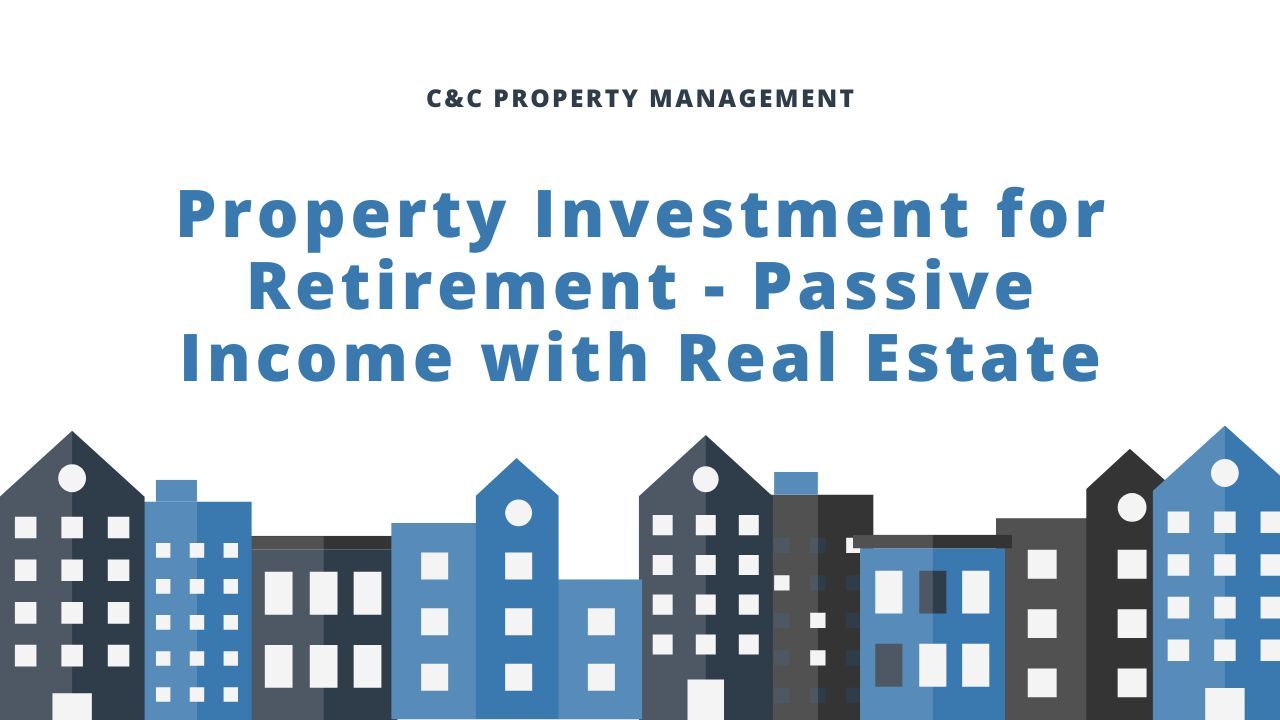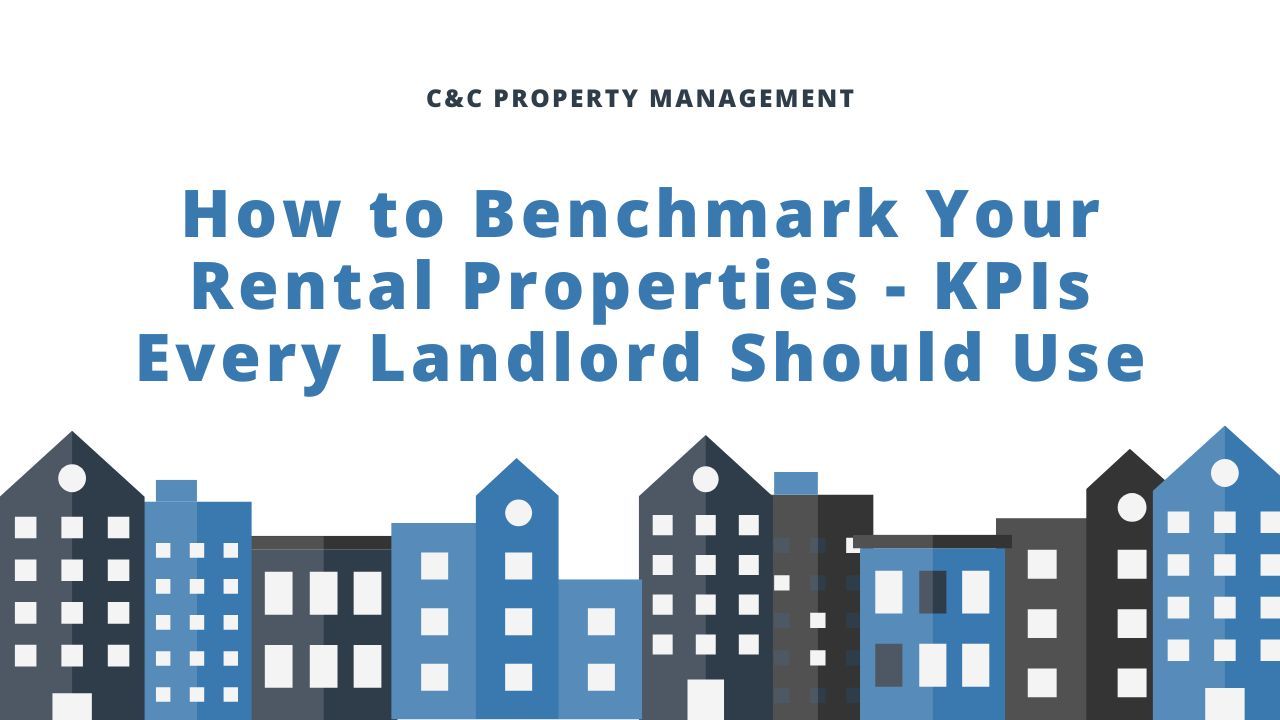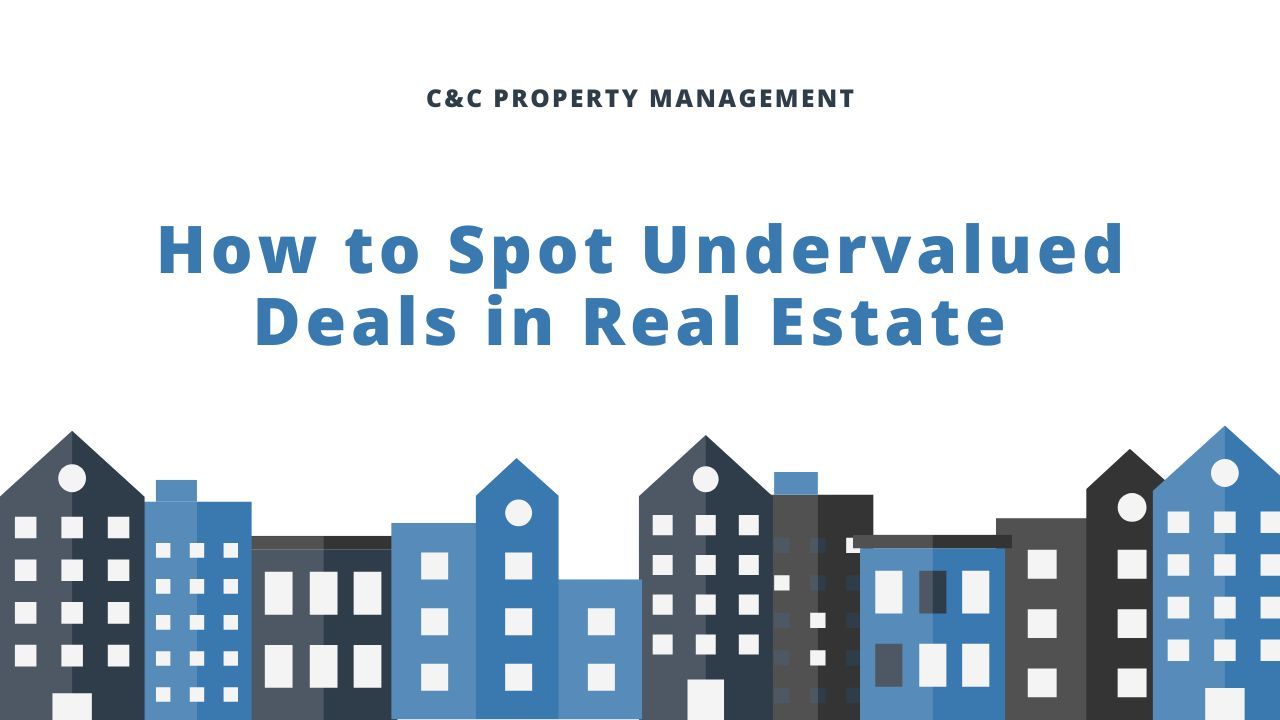The Lucrative Potential of Investing in Mobile Homes
Real estate investing is a popular way to build wealth, but many investors stick to traditional options such as single-family homes or commercial properties.

However, there is a less conventional option that can be just as profitable: mobile homes.
Investing in mobile homes can be done for a relatively low cost. With prices ranging from $1,000 to $5,000, it's possible to purchase a mobile home at a fraction of the cost of a traditional home. Additionally, the potential for flipping these homes for a profit is high. In the past, it was common for mobile homes to be flipped for multiples of the purchase price.
The 2008 financial crisis made financing for older mobile homes difficult, but that has changed in recent years, making this type of investment more viable. One strategy for acquiring mobile homes is reaching out to managers of nicer parks with high lot rent and inquiring about homes that need to be moved out of the park. These homes are typically older mobile homes that do not fit in with the park's new home standards. The park would prefer to get rid of the home and allow someone to bring in a brand new one.
By acquiring these mobile homes for free and moving them to a different park, they can then be sold at market rate, which can range from $150,000 to $300,000 depending on the quality of the home and the park it's moved to.
Investing in mobile homes may not be the most conventional option, but it can be a lucrative opportunity for those willing to think outside the box. With the right strategy, investors can make a killing in the mobile home market.








